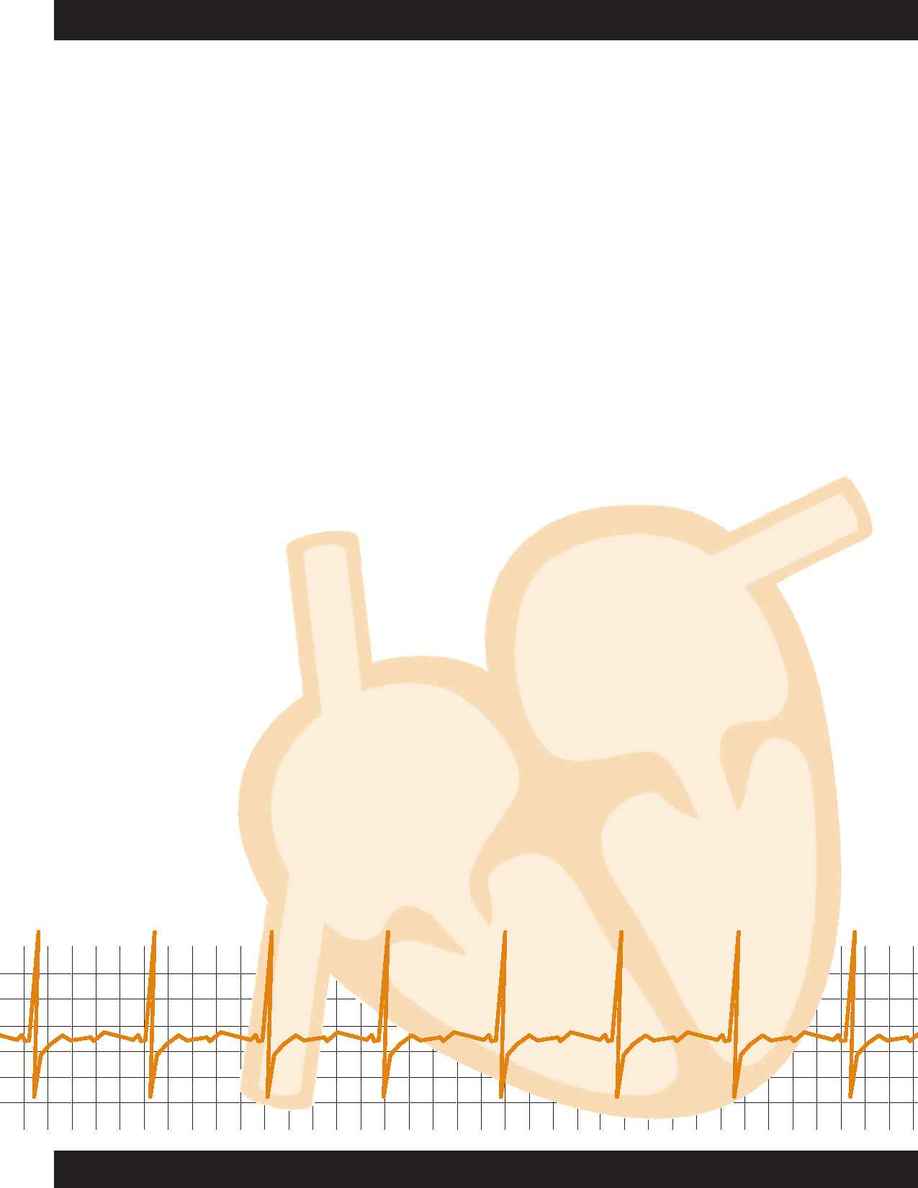
www.biosis.org
3
BIOSIS Evolutions
Vol. 9 Issue 1 2002
In the current research environment, investigators can no
longer be neatly placed into separate disciplines, such as
chemistry, physics, or biology. While fields of science have
always overlapped to a degree, researchers increasingly study
topics that are predominantly interdisciplinary.
A good example of the interdisciplinary approach to research is
Leon Glass, PhD from McGill University in Montreal, who has
been analyzing the properties of heart cells and their behavior
as a physical system for years. With fellow investigator Gil Bub
and long-time collaborator Alvin Shrier, Glass continues to
elucidate newly discovered properties of the heart in a recent
journal article in Physical Review Letters.
Glass and his colleagues study the heart not simply as an organ
having physiological properties but as one with, literally,
physical properties as well. This approach has garnered many
advances in understanding biological systems, a mention in
James Gleick's popular science book Chaos, and now a new
discovery about how the heart works. According to Glass,
"[Our latest work] shows that, as intercellular communication
degrades, spiral waves of electrical impulses can fracture in a
way that's similar to what occurs during ventricular fibrillation."
In this study, the researchers view the heart as an excitable
media, that is, a substrate capable of passing on a response
without reducing the level of the response. According to Glass,
"Heart cells behave as an excitable media when they propagate
electrical responses received from nearby heart cells." Glass
adds that, "we're still trying to uncover a lot of the underlying
principles of arrhythmia. There's still a lot of basic science to be
done on the heart maybe someday it will lead to new strategies
for diagnosing and controlling serious cardiac arrhythmias."
By drawing heavily on principles more often seen in physics
than in biology, Glass and his colleagues have approached a
life sciences problem from a novel angle. Glass stresses the
universal nature of scientific knowledge, saying, "It's important
in my work to pull data from physics, biology, and other fields
wherever I can find relevant information."
This sentiment is more and more common in research today,
and products like BIOSIS Previews directly address this need.
BIOSIS Previews
offers excellent coverage of disciplines within
the life sciences, but coverage is only part of finding data. The
added advantage of BIOSIS Previews is the unique indexing
that makes it easier for researchers such as the BIOSIS
Previews
users at McGill University to find relevant information
that occurs outside of their immediate area of study in the
life sciences.
C
ELLULAR
C
OMMUNICATION
:
H
OW
Y
OUR
H
EART
K
EEPS
I
TS
R
HYTHM
"
It's important in my
work to pull data from
physics, biology, and
other fields wherever
I can find relevant
information.
"
Dr. Leon Glass, PhD
McGill University
Montreal, Canada
